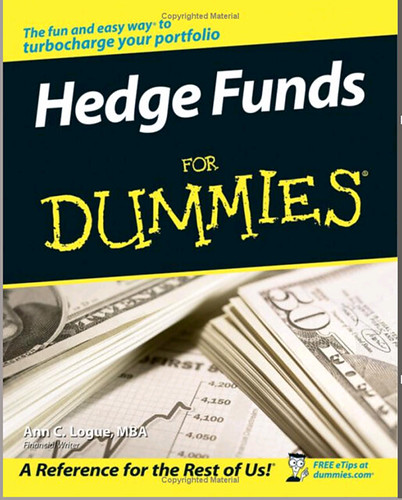Courtesy of Mish, "More to the point, is it the deleveraging that is distorting asset prices or was it the easy credit of having to put up only 25% capital in the first place that was distorting asset prices?"
Liquidity Issues Hit Hedge Funds
The Financial Times is reporting Liquidity levels hit funds of hedge funds.
Some hedge fund managers have classed the first quarter of this year the worst on record. Very few have met their performance targets and many have fallen into negative returns.
Volatile markets have made it hard for fund managers to judge how assets will perform, while the drying up of credit has forced many to sell investments.
“Most funds of funds have done poorly in the past six months,” says Mick Gilligan, director of fund research at Killik & Co. “The first quarter of the year has been pretty extreme, with many managers describing it as the worst they have ever experienced.” He says that only 40-50 per cent of funds of hedge funds have generated a positive return in the past six months. The uncertainty in the market has created a difficult backdrop.
“It has been quite volatile in every sector,” says Martin Baxter, who manages a fund of hedge funds at Collins Stewart. “A lot of people are making money one day and losing it the next.”
The main obstacle for hedge funds, however, has been the sudden withdrawal of liquidity from the market.
Banks had been happy to lend up to 75 per cent of an investment, enabling hedge fund managers to gear up their portfolios. But, in recent months, many banks have reined in the level of risk they are willing to take. As a result, hedge fund managers have seen their ability to borrow diminish.
“Managers have got to find more capital to put up against their positions, and so have been forced to sell other positions,” says Gilligan. These forced sales have distorted asset pricing in the markets, which has created further problems for managers. Gilligan says that in some cases managers are now having to put up 75 per cent of the capital for new investments.
According to Killik & Co’s research, one of the worst performers over the past six months has been the highly-leveraged CMA Global Hedge fund, which has seen its net asset value drop 8 per cent and its share price drop 6 per cent. And shares in New Star RBC Hedge, which tracks an index but leverages it three times, are down 10 per cent.
Why would anyone think that tracking an index levered 3 times is a good idea? More to the point, is it the deleveraging that is distorting asset prices or was it the easy credit of having to put up only 25% capital in the first place that was distorting asset prices?
 Nearly any investment theme for the past 5-6 years has been positively correlated in an upward fashion. You name it: junk bonds, precious metals, emerging markets, foreign markets, corporate bonds, tech, emerging market debt, etc. One exception was housing which fell from grace three years ago. It took two more years for financials to follow suit. Now, commercial real estate is becoming increasingly suspect and some foreign markets were absolutely hammered earlier this year. One by one, the dominoes are starting to fall.
Nearly any investment theme for the past 5-6 years has been positively correlated in an upward fashion. You name it: junk bonds, precious metals, emerging markets, foreign markets, corporate bonds, tech, emerging market debt, etc. One exception was housing which fell from grace three years ago. It took two more years for financials to follow suit. Now, commercial real estate is becoming increasingly suspect and some foreign markets were absolutely hammered earlier this year. One by one, the dominoes are starting to fall.
It getting progressively harder to find hiding places. Hedge funds tied to a specific theme are going to get hammered if that theme falls out of favor and they are on the wrong side of it.
Ironically, hedge funds were supposed to make money in any environment. Why then are so many losing money now? Does the emperor have clothes? We are about to find out because it is odds on that more forced deleveraging is coming. Many hedge funds are going to fail.


